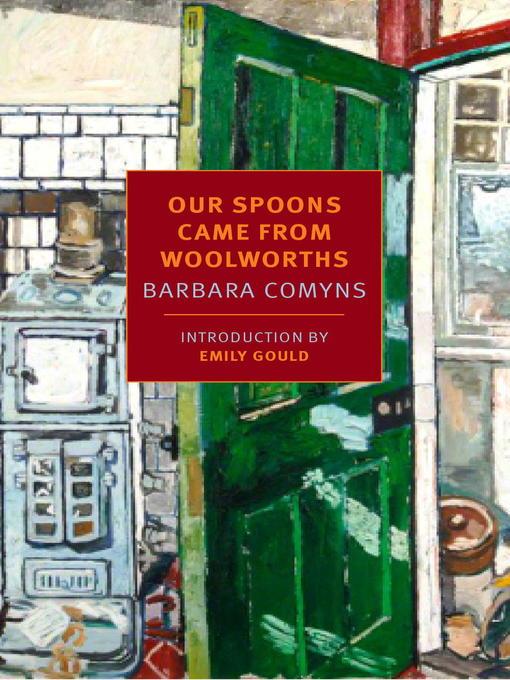
Our Spoons Came from Woolworths
کتاب های مرتبط
- اطلاعات
- نقد و بررسی
- دیدگاه کاربران
نقد و بررسی

Starred review from August 15, 2015
A Depression-era artist struggles with crippling poverty and sexism in bohemian London; the result is a surprisingly charming and funny novel (first published in 1950). Sophia meets her future husband, Charles, on a train; both are 20 years old and carrying portfolios. When they marry against their families' wishes, Charles' father cuts off his allowance, leaving them with nothing to live on but what Sophia earns working at a commercial studio. To their dismay, she soon finds herself pregnant: "I had a kind of idea if you controlled your mind and said 'I won't have any babies' very hard, then most likely they wouldn't come. I thought that was what was meant by birth-control." Fired for her pregnancy, she cobbles together something less than a living as a model, while Charles paints, parties, schemes to have their son sent to an orphanage, and-typical of the men in Sophia's life-does almost nothing to support them or care for the household. In the years that follow, Sophia allows Charles to talk her into one abortion and later refuses to have another, losing a child to sickness brought on by "stupidity and poverty." She describes her early conversations with a man who will become her lover: "When I talked he listened most intently to every word I said, as if it was very precious. This had never happened to me before, and gave me great confidence in myself, but now I know from experience a great many men listen like that, and it doesn't mean a thing; they are most likely thinking up a new way of getting out of paying their income tax." Frequently too poor to buy food, Sophia often has to choose between keeping her children at home and sending them away to unpleasant relatives who can afford to feed them. Much of the story revolves around issues of reproduction, housework, and economic opportunity that contemporary feminists would see as questions of justice. But Sophia narrates a story of fairy tale-like fatality, casting an amused, self-deprecating light on even the most painful moments.
COPYRIGHT(2015) Kirkus Reviews, ALL RIGHTS RESERVED.

























دیدگاه کاربران